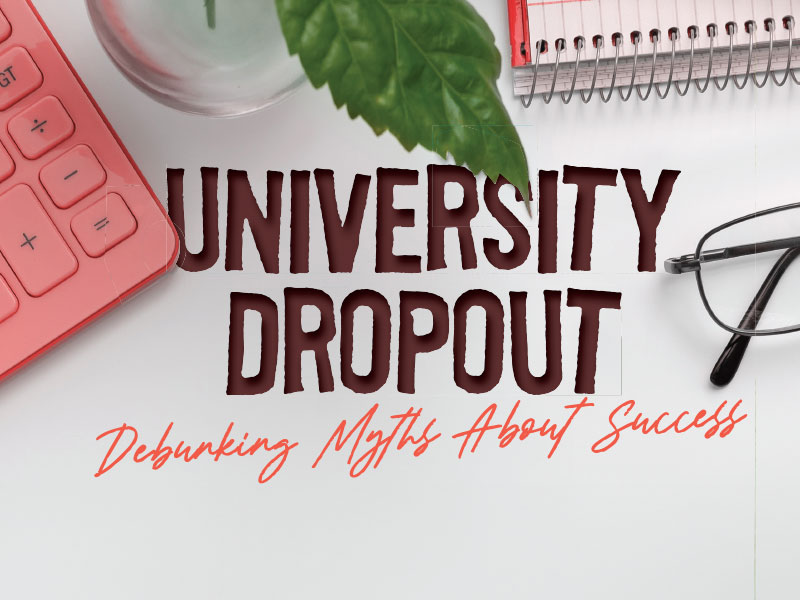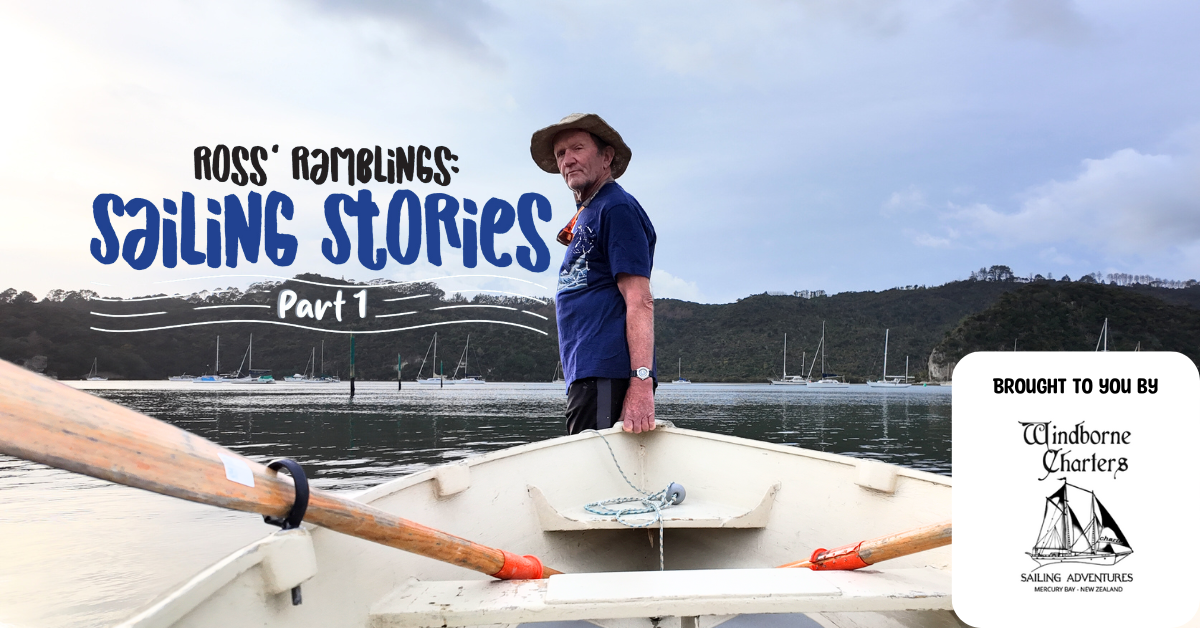
Debunking myths about success
I dropped out of university after six weeks and I don’t regret it. That choice I made caused me to lose my scholarship and my first-year fees free status.
During my last two years of school, nothing filled me with more dread than what I was going to do after I finished. For as long as I can remember, I had two options drilled into my brain. Go to university, get a degree and be successful. The latter option was to work a low-paying job and struggle for the rest of my life. That ideology stuck with me throughout high school.
I was an ideal candidate for university. I did well in school, my NCEA results were endorsed with Excellence. Whilst everything looked good on paper, I didn’t like going to school and I procrastinated every assessment, writing them all the night before they were due. I vaguely enjoyed three subjects in school: English, History and Music. I don’t like analytics or accurately analysing scientific or mathematical equations. So I credited my success in school to not having to do a lot of Maths or Science.
When the time came to apply for university, at the last minute I decided to study a Bachelor of
Health Science. Probably the most stupid choice I could have made for myself. But two months after I decided my fate, I packed up all my stuff and moved to Wellington. I started studying and I absolutely hated it. What a surprise! Then after six weeks I decided to drop out.
Now three years on, I still don’t regret my decision and I still don’t know what I’m doing with my life. If university or going into a trade is right for you, then that is great. However, if like me, that isn’t right for you there are more options than you think. Before I dropped out, my definition of success was different. It was defined by how many awards I received at school or how intelligent I seemed to others. Then suddenly I had completely gone against that. So I came back to Whitianga, completely humbled.
This is when my attitude changed, and I told myself I was going to say ‘yes’ to every opportunity that came my way. Not everything worked out but everything was a learning curve. The first thing that happened was that I got offered my old job back and I took it. Then I got on with living on my own, paying my way and working hard. For the first time in my life, I felt successful and it was by going down the path I told myself I would never go down. I have had the freedom to travel and work on my own music without the pressure of the future weighing me down.
That is just my situation, but other people have different reasons for not going to university. Before we pass judgement on those who don’t pursue higher education, we have to remember that although anyone can attend university, it is an expensive investment and a privilege. Yes, universities have scholarships that are exclusive to those that have previously been excluded from higher education. These are for people with financial difficulties or disabilities, and for Māori and Pacific people. It is great that these scholarships exist, but they are limited and have a tedious application process.
Beyond that, scholarships rarely cover the full cost of university so you still come out with hefty debt after leaving. On average a three-year bachelor’s degree costs $20,000 annually. University doesn’t cater to everyone’s learning needs. There is no guarantee of employment in the subject you chose to study. So university isn’t a viable option for everyone.
It’s unfair to put so much pressure onto 17-year-old school leavers. What someone wants to do at 17 is more than likely going to be different a few years down the track. If young people need more time to make a decision or grow as a person, then that should be encouraged, rather than looked down upon.
As long as you are willing to work hard at everything you do, success will find you. Maybe not in the ways you first expected.
Words by Kenjia Campbell






